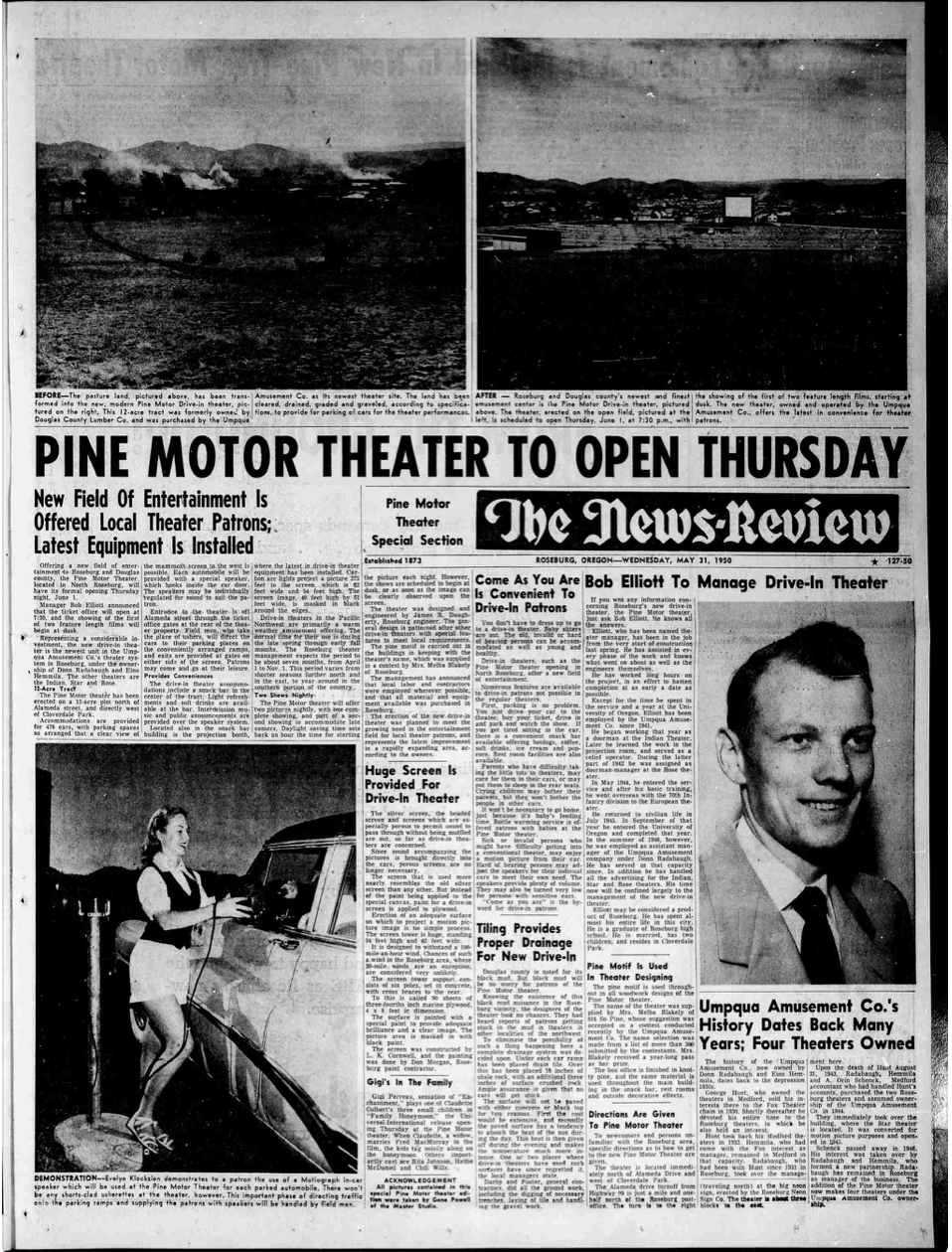An International Mission
My main research throughout this course has been about Salem, Oregon. More specifically, my research has been about the Wexford movie theater in this city. Because of helpful resources such as newspapers.com, I have been able to find plenty of information about the theater and its surrounding contexts from newspapers such as the Capital Journal. However, I wanted to dig deeper into the different aspects of film and exhibition in Salem, so I searched “Mexican Film” in the database and found some interesting information.
